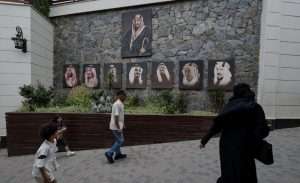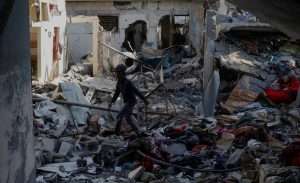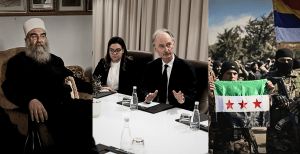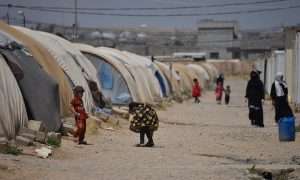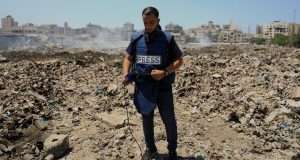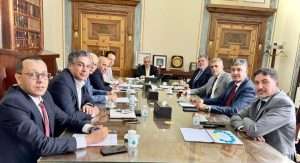UN proposes unifying election plan for bitterly divided Libya
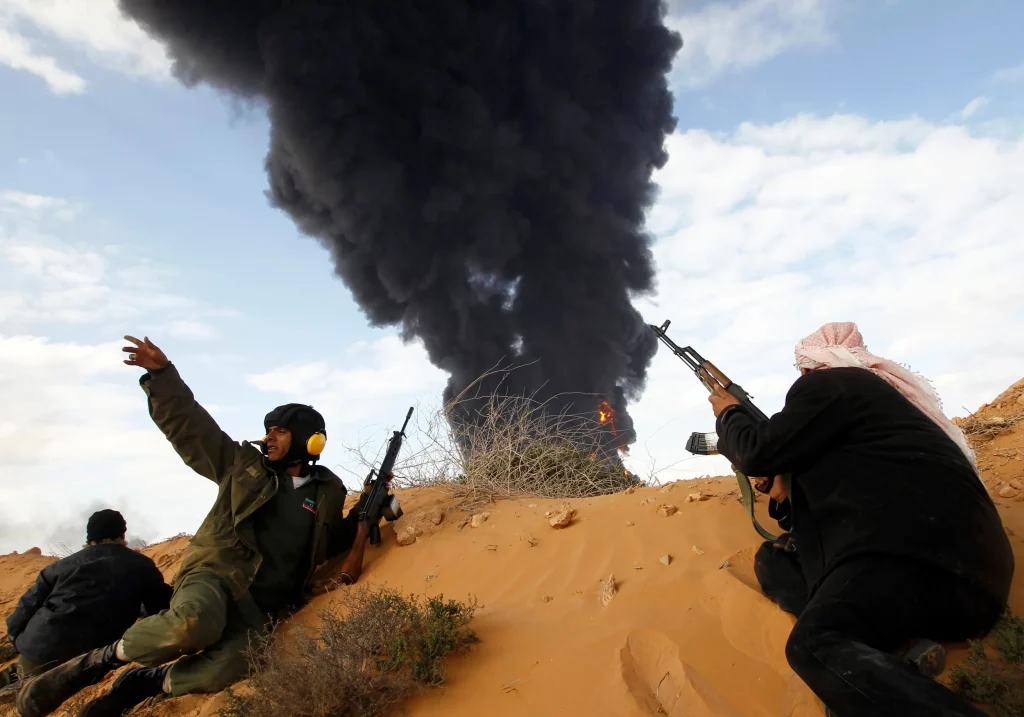
The UN has announced a plan to unify Libya and break the bitter three-year deadlock of its two rival governments, backed by foreign powers.
According to TheArabWeekly and Agencies, the UN envoy to Libya, Stephanie Khoury, presented a framework to the Libyan people for an “inclusive, inter-Libyan political initiative” on December 16th.
Since the NATO-backed uprising that toppled Muammar Gadhafi in 2011, the nation of 6.8 million people has struggled to recover, and is currently divided between the UN-recognised administration in Tripoli and a rival government in the east, headed by military leader Khalifa Haftar.
Any political solution to the conflict has stalled since December 2021, when a scheduled election was cancelled amid unresolvable internal disagreements on a range of issues, including its legal framework and eligible candidates.
READ: Algeria warns of retaliation over alleged secret French plot
Khoury pledged to “overcome the current political deadlock and move beyond the status quo towards national elections and the renewal of legitimacy of Libya’s expired institutions.”
She announced a new committee tasked with resolving legal disputes between both sides over holding elections, with an attempt to “reach elections in the shortest possible time including with proposed guarantees, assurances and a time-frame.”
While all political players have repeated their support for holding elections, Libya’s fate has become increasingly out of its own hands, with major powers seeing the country as another square on the geopolitical chessboard.
According to German think tank, German Institute for International and Security Affairs, both Turkey and Russia were instrumental in manifesting today’s deadlock.
READ: Algeria and Tunisia rhetoric u-turn as new Syria established
Their inventions in 2019, with Russia deploying the government-owned PMC Wagner Group and Turkey importing Syrian fighters, served to inflame the conflict and entrench the rivals further.
For the most part Russia has denied any involvement in Libya, with its Tripoli ambassador only this year admitting that Russian “elements”, rather than forces, were cooperating with Khalifa Haftar in the east.
The think tank, however, does note factors that could work in Libya’s favour, writing that “Libyan public opinion is particularly averse to foreign troops” and that because of lack of legitimacy of government institutions in Libya, both Russia and Turkey “lack solid relationships on which to found their presence.”
TheArabWeekly/Agencies and German Institute for International and Security Affairs
Want to chase the pulse of North Africa?
Subscribe to receive our FREE weekly PDF magazine




